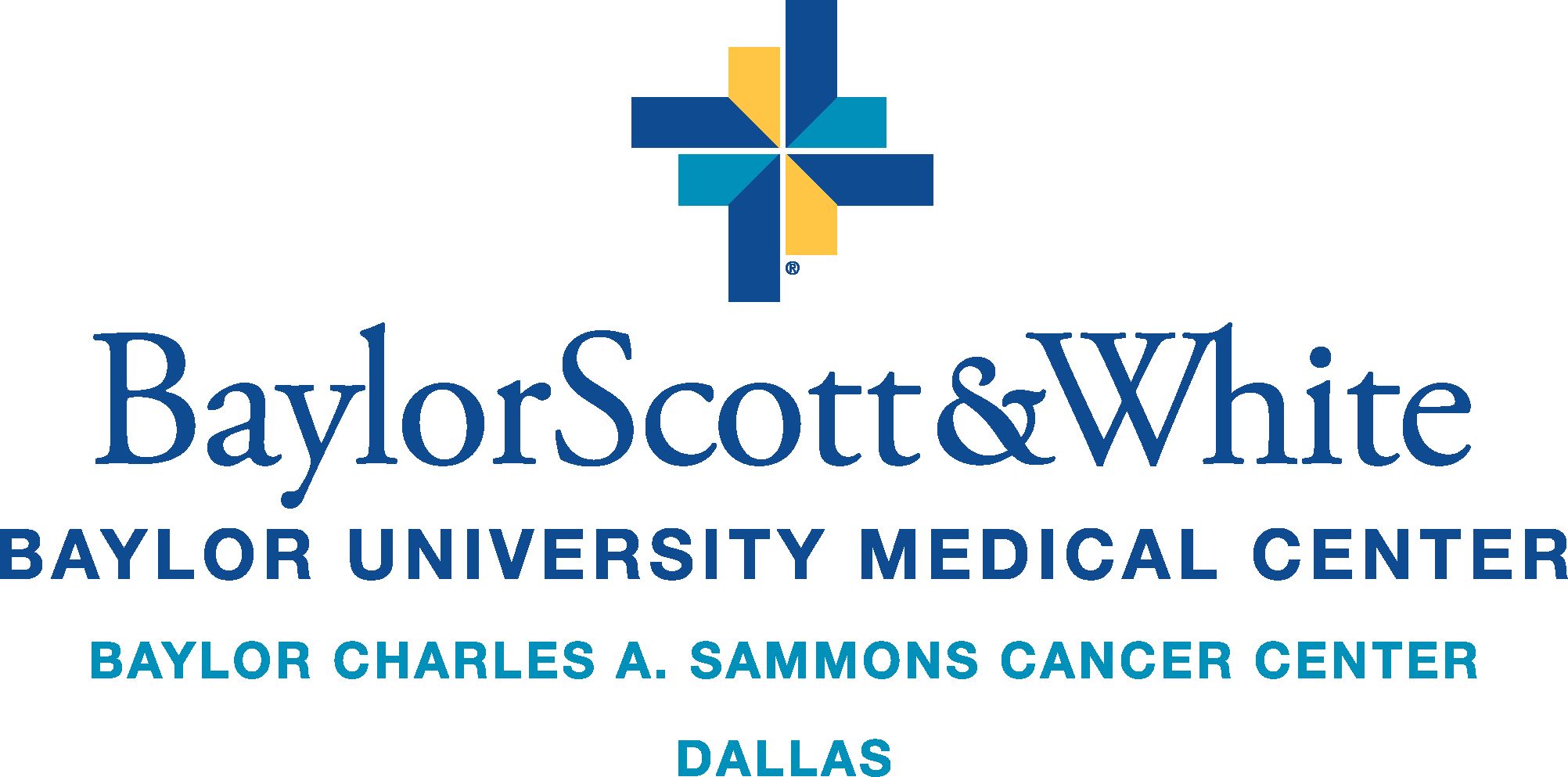
EU Panel Recommends Adjuvant Nivolumab for Select Esophageal, GEJ Cancers

The European Medicines Agency’s Committee for Medicinal Products for Human Use has recommended the approval of nivolumab for the adjuvant treatment of adult patients with esophageal or gastroesophageal junction cancer who have residual pathologic disease after previous neoadjuvant chemoradiotherapy.
The European Medicines Agency’s Committee for Medicinal Products for Human Use has recommended the approval of nivolumab (Opdivo) for the adjuvant treatment of adult patients with esophageal or gastroesophageal junction cancer who have residual pathologic disease after previous neoadjuvant chemoradiotherapy.1
The positive opinion is supported by data from the phase 3 CheckMate-577 trial (NCT02743494), which showed that adjuvant nivolumab resulted in a 31% reduction in the risk of recurrence or death (HR, 0.69; 95% CI, 0.56-0.86; P = .0003).2 The median disease-free survival (DFS) doubled with nivolumab over placebo, at 22.4 months (95% CI, 16.6-34.0) with and 11.0 months (95% CI, 8.3-14.3), respectively.
“While about 20% to 30% of patients with esophageal or gastroesophageal junction cancer achieve a complete response following chemoradiation therapy and surgery, the remaining 70% to 75% do not, and there is currently no adjuvant treatment option available for these patients with the potential to improve their outcomes,” Ronan J. Kelly MD, MBA, director of the Charles A. Sammons Cancer Center at Baylor University Medical Center, stated in a press release. “Adjuvant treatment with nivolumab in the CheckMate-5778 trial doubled patients’ time without disease recurrence, representing the first adjuvant treatment advancement for those patients with esophageal or GEJ cancer.”
The global, double-blind, placebo-controlled, phase 3 CheckMate-577 trial enrolled patients with stage II or III esophageal carcinoma or GEJ cancer. Patients could have adenocarcinoma or squamous cell carcinoma. Patients had to have received neoadjuvant chemoradiation and have undergone surgical resection; they also needed to have residual pathologic disease and an ECOG performance status of 0 or 1.
A total of 794 patients were randomized 1:1 to receive either nivolumab at a dose of 240 mg twice weekly for 16 weeks and then at 480 mg every 4 weeks (n = 532) or placebo twice weekly for 16 weeks and then every 4 weeks (n = 262). Patients received treatment for a total of up to 1 year. Stratification factors included histology (squamous vs adenocarcinoma), pathologic lymph node status (≥ypN1 vs ypN0), and PD-L1 expression (≥1% vs <1%).
The primary end point of the trial was DFS, and secondary end points include overall survival (OS), and OS rates at 1, 2, and 3 years.
The median age of study participants was 61.5 years, 81.5% were White, 59% had an ECOG performance status of 0, and 64% had stage III disease. Moreover, 59.5% had esophageal carcinoma and 40.5% of patients had GEJ cancer; 29% had squamous cell carcinoma and 71% had adenocarcinoma. Additionally, 57.5% of patients had a pathologic lymph node status of ≥ ypN1. Regarding PD-L1 status, 16% had expression of 1% or higher, 72.5% had expression of less than 1%, and 11.5% had expression that was indeterminate or not evaluable.
The median duration of treatment in the investigative and control arms was 10.1 months (range, <0.1-14.2) and 9.0 months (range, <0.1-15.0), respectively.
Additional data presented during the 2020 ESMO Virtual Congress showed that the DFS favored adjuvant nivolumab vs placebo across all prespecified subgroups that were analyzed. Moreover, patient-reported outcome analyses showed similar overall health status between nivolumab and placebo.
Regarding safety, nivolumab was determined to be well tolerable, with most treatment-related adverse effects (TRAEs) being just grade 1 or 2 in severity. Any-grade AEs were experienced by 96% of those in the investigative arm and 93% of those in the control arm; grade 3 or 4 effects were reported in 34% and 32% of patients, respectively.
Serious AEs were observed in 30% of patients in both arms. Serious TRAEs were reported in 8% and 3% of patients in the investigative and control arms, respectively. Nine percent of those who received nivolumab and 3% of those given placebo experienced TRAEs that resulted in discontinuation.
The TRAEs reported in at least 10% of patients in either the investigative or control arm included fatigue (all grade, 17% vs 11%, respectively; grade 3/4, 1% vs <1%), diarrhea (all grade, 17% vs 15%; grade 3/4, <1% vs <1%), pruritus (all grade, 10% vs 3%); grade 3/4, <1% vs 0%), and rash (all grade, 10% vs 4%; grade 3/4, <1% vs <1%).
Most of the select TRAEs reported on the trial were grade 1 or 2. Grade 3 to 4 select TRAEs were experienced by 1% of less of those who received adjuvant nivolumab. Notably, no grade 5 select TRAEs were noted. The most frequent grade 3 to 4 select TRAEs reported in the investigative arm included pneumonitis (n = 4) and rash (n = 4); in the placebo arm, these effects were observed in 1 patient each.
In May 2021, the
References
- Bristol Myers Squibb receives positive CHMP opinion for Opdivo (nivolumab) as adjuvant treatment for esophageal or gastroesophageal junction cancer patients with residual pathologic disease following chemoradiotherapy. News release. Bristol Myers Squibb. June 25, 2021. Accessed June 25, 2021.
https://bit.ly/3jgupdx - Kelly RJ, Ajani JA, Kuzdzal J, et al. LBA9_PR adjuvant nivolumab in resected esophageal or gastroesophageal junction cancer (EC/GEJC) following neoadjuvant chemoradiation therapy (CRT): first results of the CheckMate 577 study. Ann Oncol. 2020;31(suppl 4):S1193-S1194. doi:10.1016/j.annonc.2020.08.2299
- US Food and Drug Administration approves Opdivo (nivolumab) as adjuvant treatment of completely resected esophageal or gastroesophageal junction cancer in patients who have received neoadjuvant chemoradiotherapy. News release. Bristol Myers Squibb. May 20, 2021. June 25, 2021.
https://bit.ly/3bFlde8




































